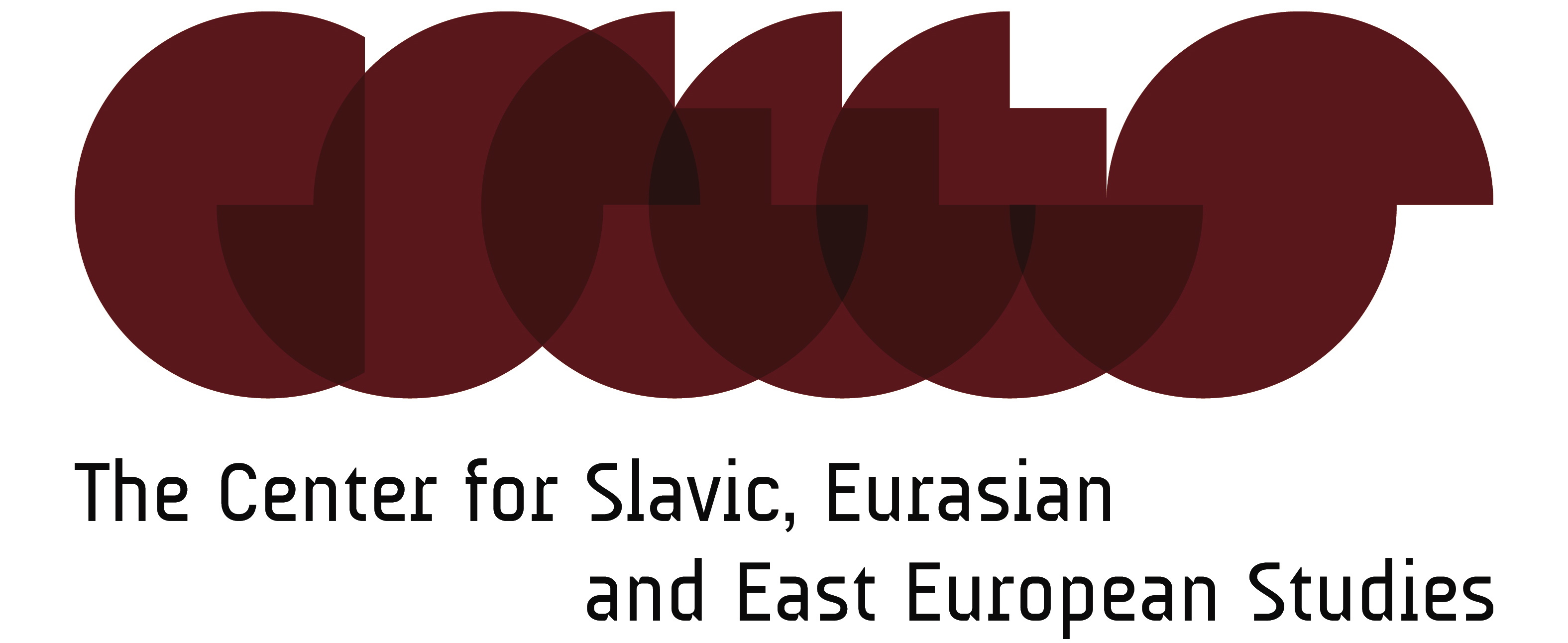Carolina Seminar: Russia and its Empires, East and West
Amanda Bellows (UNC-Chapel Hill) will present on “Selling Servitude, Captivating Consumers: Images of Bondsmen in American and Russian Advertisements, 1880-1915”.
‣ Paper abstract
Seeking to comprehend the successes and disappointments of the decades that followed the abolition of serfdom (1861) and slavery (1865), Russians and Americans turned to art. Between 1861 and 1905, artists in both countries created hundreds of oil paintings that depicted slaves, freedpeople, serfs, and peasants in a variety of scenes. These changing depictions shaped popular perceptions of peasants and freedpeople and reflected the evolving historical environments in which they were produced. While pre-emancipation works often presented slavery and serfdom through a classical, formal lens that marginalized bondsmen, post-emancipation paintings portrayed slaves, freedpeople, serfs, and peasants in a broad range of situations that revealed the complexity of their experiences. In these works, serfs and slaves await their sale with apprehension or disgust, while freedpeople and peasants confront their former masters, learn to read and write, or serve in the military. Many images from this era depicted close-knit families and communities in which former bondsmen sing, pray, dance, celebrate marriages, mourn deaths, and share folk tales. But not all post-emancipation paintings presented flattering portraits of former bondsmen; rather, some artists created scenes that questioned the benefits of abolition and criticized freedpeople by depicting them as lazy and dissolute. Together, these compositions shaped nineteenth-century viewers’ conceptions of freedpeople and peasants as well as their attitudes about the integration process after abolition of serfdom and slavery. Furthermore, representations of former bondsmen played a critical role in molding Russians’ and Americans’ sense of national identity as the two countries reconstructed their societies during an era of substantial political and social reform.
‣ About the speaker
Amanda Brickell Bellows is a Ph.D. Candidate in History at the University of North Carolina at Chapel Hill, where she studies Russian serfdom and American slavery. She received an American Councils Title VIII Research Scholar Fellowship (2013 – 2014) to conduct archival research in St. Petersburg and Moscow. Her writing has appeared in the Journal of Global Slavery, the Journal of the Civil War Era, the Southern Humanities Review, the New York Times, and the book Disunion: Modern Historians Revisit and Reconsider the Civil War from Lincoln’s Election to the Emancipation Proclamation. She has presented her research at national and international conferences and universities.

